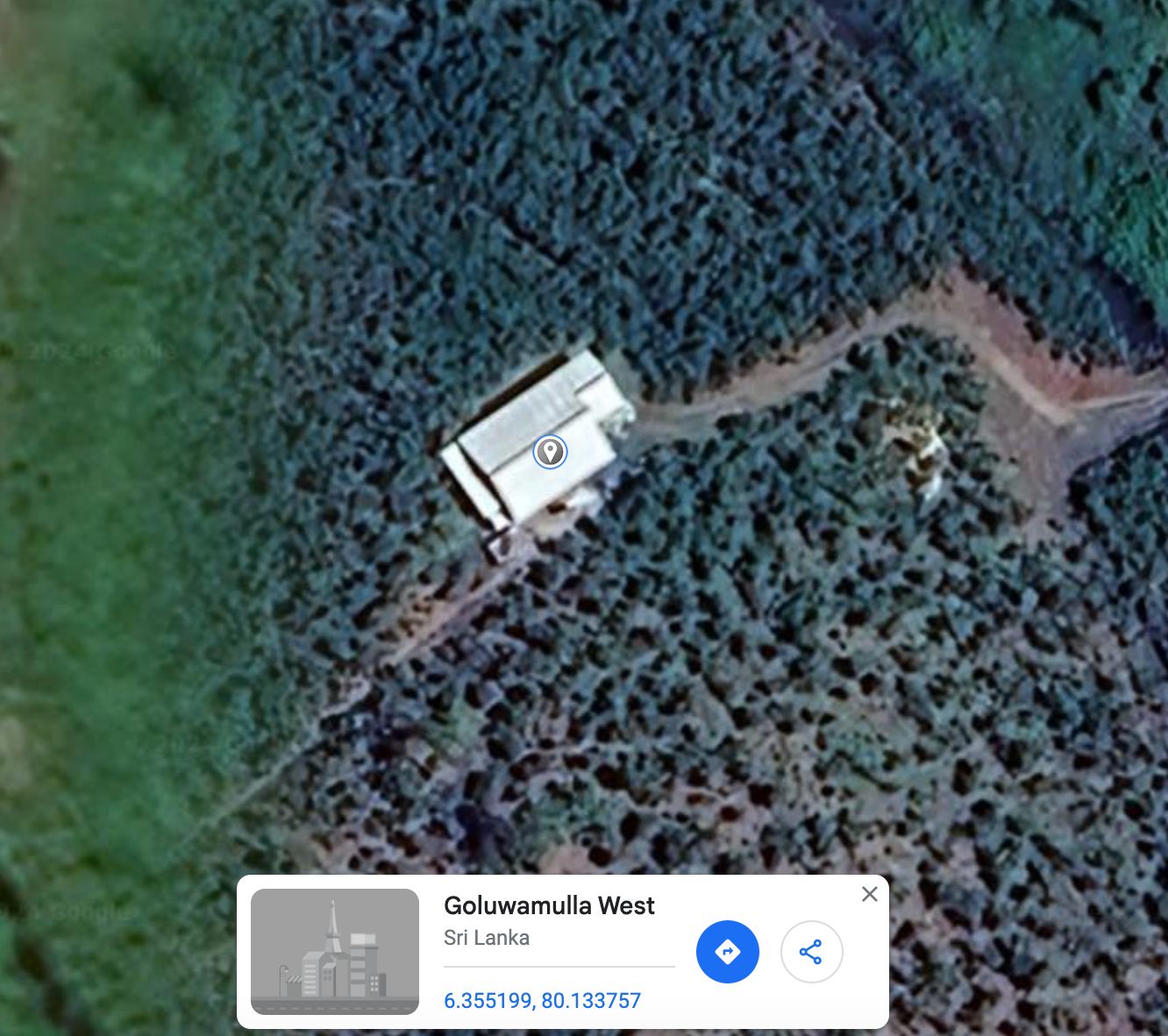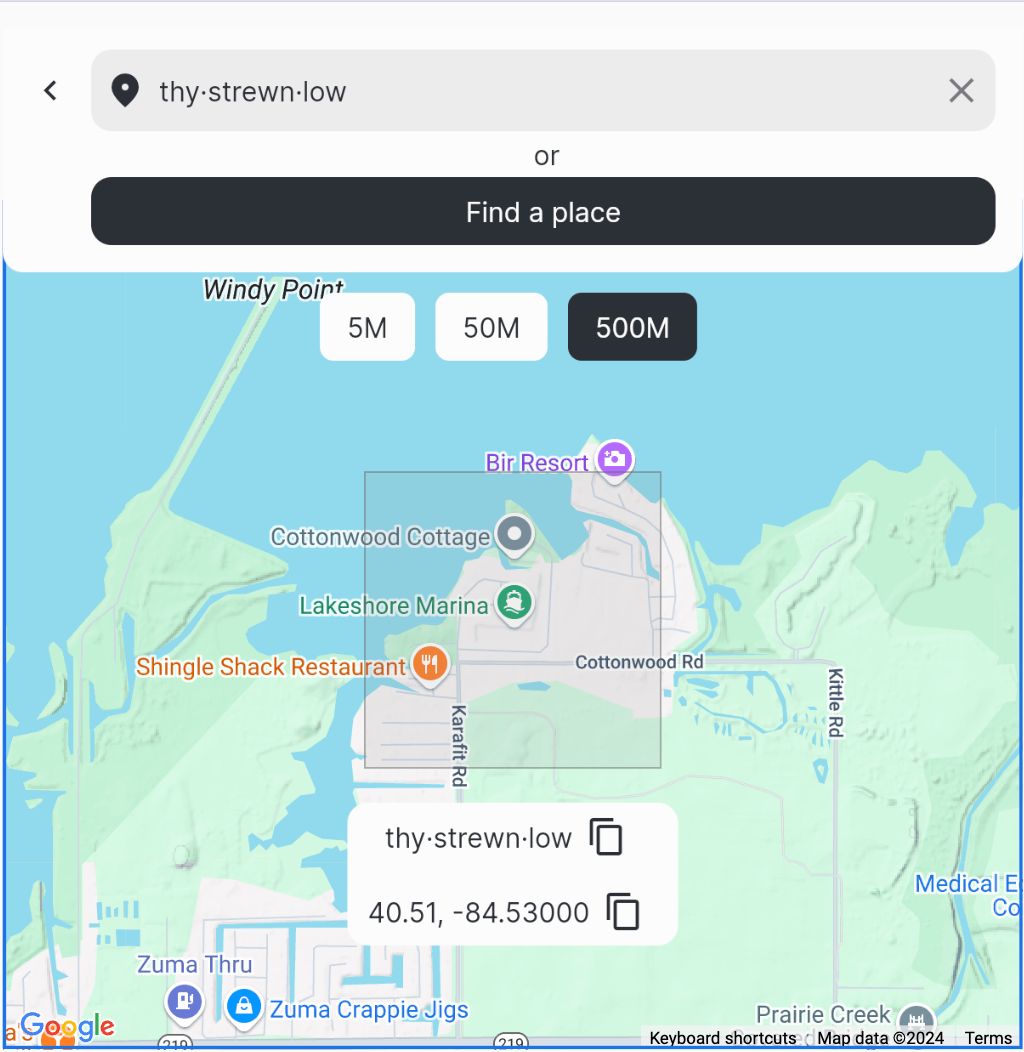and the distribution of digital products.
Those Who Are Lost Must Be Found: Turning Numbers in Memorable Words
\ What do the following scenarios have in common?
- Lost in a forest or mountains while hiking or camping
- Living in a place where precise addresses don’t exist
- A lost child who can’t remember their parents’ phone number
\ These situations wouldn’t be as problematic if people could easily memorize long strings of numbers, but that’s rarely the case.
Imagine:
\
“We will set up camp at: 41.826460, 43.266523”

\
“Please deliver to: 6.355199, 80.133746”

“Don’t forget my number: 07947281237”
\ These examples highlight the challenge: long, complex numbers are hard to memorize. That's why I started thinking about a more general solution for encoding numbers into words — because while I can't predict every use case, I can offer a general approach that works for many scenarios.
A Simple Solution: Turning Numbers into Memorable WordsNumbers are everywhere—phone numbers, IP addresses, coordinates, and more. Yet, as humans, we’re not naturally good at remembering long strings of digits. What if, instead of abstract numbers, we could convert them into easy-to-remember words?
Numbers are the backbone of our digital world, but they are difficult for people to remember. Think of phone numbers, for example. If I asked you to memorize (027) 4193 2856, it would probably be challenging. But if you can remember it as mew·atom·pick, it becomes much easier.
\ Here’s why it makes sense:
Words Carry Meaning: Words come with built-in associations and imagery. For instance, words like "sun," "car," or "tree" evoke specific mental images, making them easier to recall than numbers.
\
Chunking: Our brains naturally chunk information into manageable parts. While numbers can be chunked (e.g., breaking a phone number into sections), it’s much easier to process a few simple words than a long string of digits.
word4num is a small open-source Python library designed to encode numbers into words and decode them back. The core idea is to create a unified mapping between numbers and words, so the same number will always yield the same word combination, regardless of the platform or context. For example, the number 12.1028737 will generate the same words whether used in Google Maps or Apple Maps.
Real-World Use CasesHere are a few examples of how word4num can be applied. You can try out the concept using WhatWords (for testing purposes only):
\ 1. Memorable Phone Numbers
Long phone numbers can be transformed into short, meaningful word combinations. Imagine converting the UK phone number (0303) 123 7300 into unfold·piety·hot. These words are easier to remember and share in everyday conversations.
\ 2. Geolocation Encoding
It's worth mentioning the excellent article about this problem and the GitHub repository
A great example of how this can be applied is in geolocation. Similar to what3words, word4num can encode geographic coordinates into memorable word sequences. For instance, 48.85826, 2.29427 might convert to fedora·unsure·silver·lot. This creates a much more user-friendly way to communicate exact locations.
\ Even a smaller 500m x 500m area can be encoded into a shorter word sequence, like thy·strewn·low:

\ 3. Simplifying IP Addresses
word4num can even simplify IP addresses. For example, the IP 255.255.255.255 might be converted into hearty·except·bay, making it easier to remember or share—though this may just be for fun in some cases!
The Future of word4num: I Need Your HelpThe reason I’m sharing this here is to start a conversation and gather feedback. I’d love to hear from you if you:
\
- Think the idea won’t work and can explain why
- Are willing to help support other languages in the library
- Have ideas for new use cases or improvements
\
- Home
- About Us
- Write For Us / Submit Content
- Advertising And Affiliates
- Feeds And Syndication
- Contact Us
- Login
- Privacy
All Rights Reserved. Copyright , Central Coast Communications, Inc.